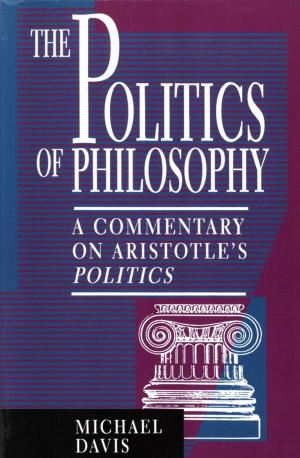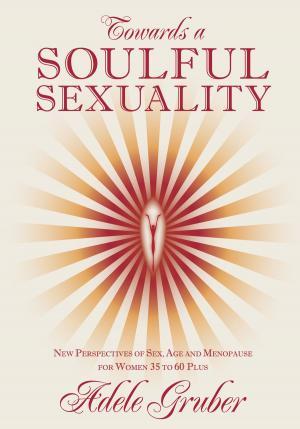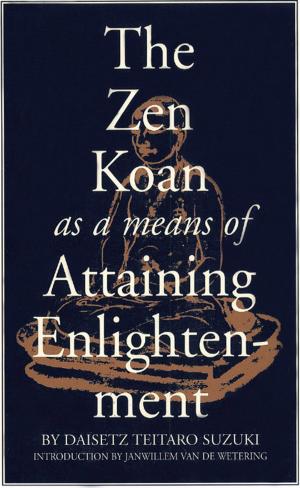| Author: | Richard Krause | ISBN: | 9781370131679 |
| Publisher: | Propertius Press | Publication: | February 14, 2018 |
| Imprint: | Smashwords Edition | Language: | English |
| Author: | Richard Krause |
| ISBN: | 9781370131679 |
| Publisher: | Propertius Press |
| Publication: | February 14, 2018 |
| Imprint: | Smashwords Edition |
| Language: | English |
A modern epigram is a concise, often witty short statement that has a twist. It has a range of possibilities that the aphorism’s established truth often lacks. Epigrams can go where the writer wants without worrying about being set in stone, or hardened by an anticipated veracity. You want epigrams to be true certainly, but the expectation is that they need not be for all time, and that sheer play can often be their objective.
Epigrams can be stabs at thought, sudden insights, or summations of a life. The fact that they don’t parade in the best dress gives freedom to all types of garb; tattered rags, even so occasional nakedness is exposed. Ultimately writing epigrams exposes the reader as well as the writer, and by extension all human nature -- broadening our observations of the species. The writer is both estranged and embedded, the malady and the cure. His observations are his instruments; he doctors, observes, uncovers, and makes those imaginary incisions that always address the often-necessary ignorance we live by. The writer of epigrams is not utilitarian, but reaches beyond himself and often at his own expense through both darkness and blinding light not knowing what exactly will appear. He would like to take credit for what he does, feel powerful and confident, but he is a slave to a mind and emotions he little understands. What comes from his labors is sporadic and the results are never certain. In fact, he is at the mercy of what is beyond his own intellect, or even identifiable abilities. What is evident is only his sheer labor. He is routinely the whipping boy for what he doesn’t know. But he is never ashamed at being so much of a stranger to himself that he doesn’t capitalize on it every chance he gets. It is a productive estrangement that daily leads him out of himself and back. He knows he can’t see straight and that observations are personal and crooked by the biases of his own mind that he calls optical because they are a way of looking. They allow him the illusion of total freedom in his lifelong mission to straighten out what he sees for at least a measure of clarity. The twists are inevitable and hopefully provide the aesthetic value that makes them salvageable within the confines of a single sentence or two possessing enough tension to justify the words being on the page. He titles the current batch of epigrams Eye Exams to transfer the burden to others to the extent that reading him may help gauge their own visual acuity.
He started out carrying a notebook walking the streets of New York City, riding the subways, or just sitting in his taxi cab at night with a notepad on the front seat, writing what he saw and what occurred to him. Every morning he’d sit down and the shorts would be copied or new ones would come. At first he looked through all he had read to find them. How could they come from him? Who was he to write them? But except for a few, he soon realized they were his and decided from then on he would go where his mind led him.
Eye Exams is the production of the last four or five years, his struggle with the world outside and within. His sole object is understanding. The twists he imagines make them his, part of the aesthetic that confers value. Occasionally something comes out unadorned as a simple truth. He is surprised by that, feeling he has no more right to it than anyone else. Some that come from within are so thoroughly his own nature that he has to look on them as estranged. Writing these confers a certain immunity. He cannot be touched with shame or embarrassment, any more than he can be entirely proud of them.
For any readers still with him, the author hopes you will find something here you either were or were not looking for.
A modern epigram is a concise, often witty short statement that has a twist. It has a range of possibilities that the aphorism’s established truth often lacks. Epigrams can go where the writer wants without worrying about being set in stone, or hardened by an anticipated veracity. You want epigrams to be true certainly, but the expectation is that they need not be for all time, and that sheer play can often be their objective.
Epigrams can be stabs at thought, sudden insights, or summations of a life. The fact that they don’t parade in the best dress gives freedom to all types of garb; tattered rags, even so occasional nakedness is exposed. Ultimately writing epigrams exposes the reader as well as the writer, and by extension all human nature -- broadening our observations of the species. The writer is both estranged and embedded, the malady and the cure. His observations are his instruments; he doctors, observes, uncovers, and makes those imaginary incisions that always address the often-necessary ignorance we live by. The writer of epigrams is not utilitarian, but reaches beyond himself and often at his own expense through both darkness and blinding light not knowing what exactly will appear. He would like to take credit for what he does, feel powerful and confident, but he is a slave to a mind and emotions he little understands. What comes from his labors is sporadic and the results are never certain. In fact, he is at the mercy of what is beyond his own intellect, or even identifiable abilities. What is evident is only his sheer labor. He is routinely the whipping boy for what he doesn’t know. But he is never ashamed at being so much of a stranger to himself that he doesn’t capitalize on it every chance he gets. It is a productive estrangement that daily leads him out of himself and back. He knows he can’t see straight and that observations are personal and crooked by the biases of his own mind that he calls optical because they are a way of looking. They allow him the illusion of total freedom in his lifelong mission to straighten out what he sees for at least a measure of clarity. The twists are inevitable and hopefully provide the aesthetic value that makes them salvageable within the confines of a single sentence or two possessing enough tension to justify the words being on the page. He titles the current batch of epigrams Eye Exams to transfer the burden to others to the extent that reading him may help gauge their own visual acuity.
He started out carrying a notebook walking the streets of New York City, riding the subways, or just sitting in his taxi cab at night with a notepad on the front seat, writing what he saw and what occurred to him. Every morning he’d sit down and the shorts would be copied or new ones would come. At first he looked through all he had read to find them. How could they come from him? Who was he to write them? But except for a few, he soon realized they were his and decided from then on he would go where his mind led him.
Eye Exams is the production of the last four or five years, his struggle with the world outside and within. His sole object is understanding. The twists he imagines make them his, part of the aesthetic that confers value. Occasionally something comes out unadorned as a simple truth. He is surprised by that, feeling he has no more right to it than anyone else. Some that come from within are so thoroughly his own nature that he has to look on them as estranged. Writing these confers a certain immunity. He cannot be touched with shame or embarrassment, any more than he can be entirely proud of them.
For any readers still with him, the author hopes you will find something here you either were or were not looking for.















